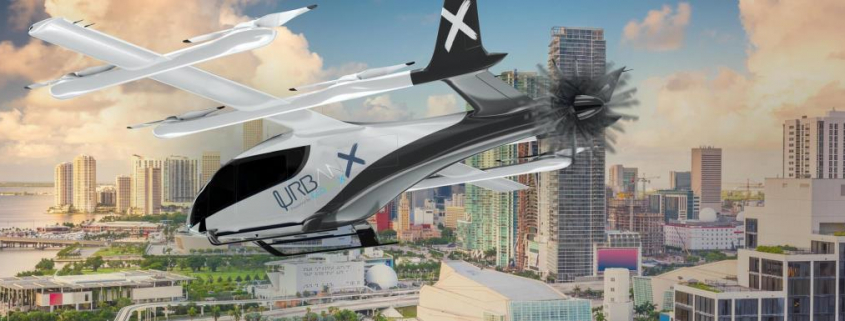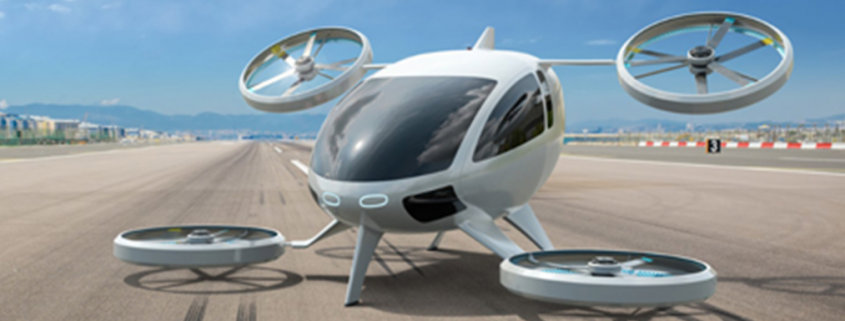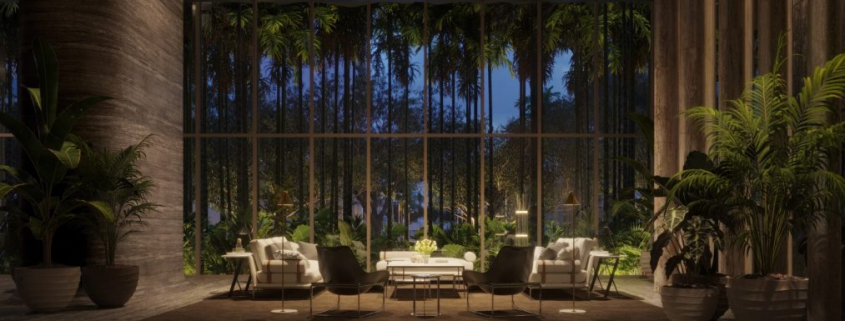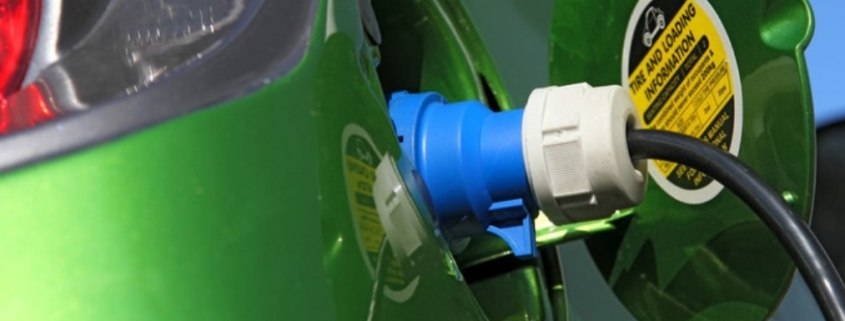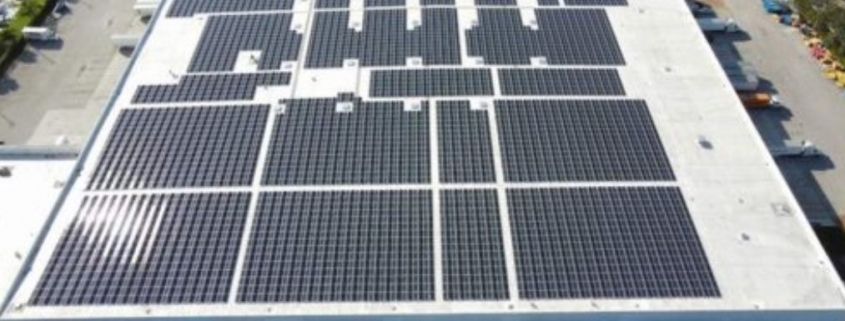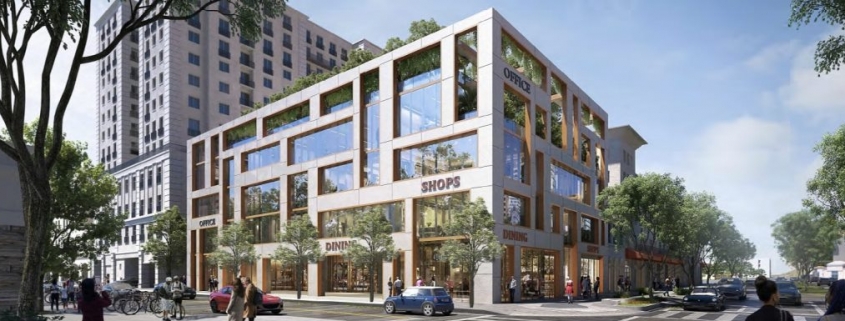The race to introduce air taxis to Miami’s skyline is speeding up as one provider is targeting a 2026 launch and plans to buy 20 all-electric jets to make the futuristic vision a reality.
UrbanX intends to establish a network of commuter flights in the county that are expected to have a range of up to 60 miles.
While 76% say ESG is either “somewhat” or “very” important to their companies, there’s still progress to be made in all the letters, not just the E and G.
“Depending on how much they’re willing to implement, they could save between 5 and 20 percent” of their energy bill, said Ramin Moghaddass, an associate professor of industrial and systems engineering at UM and the director of the Industrial Assessment Center.
The Greater Miami Chamber of Commerce annual members meeting featured a presentation on smart cities and advance air mobility (AAM), an emerging field of transportation that uses electric vertical takeoff and landing (eVTOL) aircraft to transport passengers. The technology offers a more sustainable and efficient alternative to traditional air travel and could serve as a solution to traffic congestion in urban areas like Miami.
The tower will become one of the tallest in Miami, at 861 feet above ground. It will also be the world’s the first residential high-rise in the world partially powered by the sun with 500 photovoltaic-integrated windows.
There is evidence that electric vehicles and EV charging stations are significantly impacting real estate in terms of property values, spurring higher rental and resale values.
The project is currently the largest privately owned solar project in Florida and is capable of offsetting approximately 80% of the facilities electricity consumption.
The area is among the most sensitive, long seen as a key link to restoring the Everglades and fending off sea rise.
Construction is expected to begin as soon as city approvals and permits are obtained, with delivery one year later.
About Us
Ven-American Real Estate, Inc. established in 1991, is a full service commercial and residential real estate firm offering brokerage and property management services.
Subscribe
Contact Us
Ven-American Real Estate, Inc.
2401 SW 145th Avenue, Ste 407
Miramar, FL 33027
Brokerage & Property Management Services
Phone: 305-858-1188

